Refine listing
Actions for selected content:
2333 results in Cambridge Elements
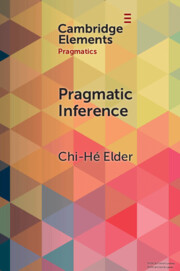
Pragmatic Inference
- Misunderstandings, Accountability, Deniability
-
- Published online:
- 19 March 2024
- Print publication:
- 21 March 2024
-
- Element
- Export citation
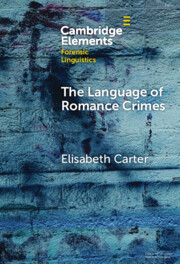
The Language of Romance Crimes
- Interactions of Love, Money, and Threat
-
- Published online:
- 18 March 2024
- Print publication:
- 11 April 2024
-
- Element
-
- You have access
- Open access
- HTML
- Export citation
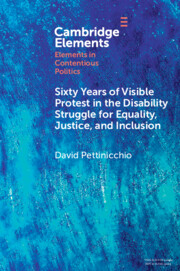
Sixty Years of Visible Protest in the Disability Struggle for Equality, Justice, and Inclusion
-
- Published online:
- 16 March 2024
- Print publication:
- 11 April 2024
-
- Element
- Export citation
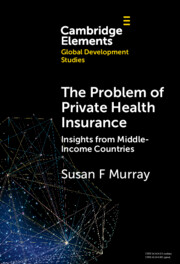
The Problem of Private Health Insurance
- Insights from Middle-Income Countries
-
- Published online:
- 15 March 2024
- Print publication:
- 11 April 2024
-
- Element
- Export citation
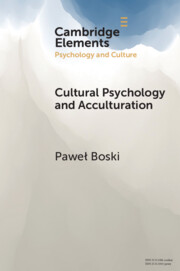
Cultural Psychology and Acculturation
-
- Published online:
- 15 March 2024
- Print publication:
- 09 May 2024
-
- Element
- Export citation
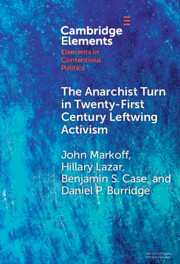
The Anarchist Turn in Twenty-First Century Leftwing Activism
-
- Published online:
- 14 March 2024
- Print publication:
- 11 April 2024
-
- Element
- Export citation

Writing Mobile Lives, 1500–1700
-
- Published online:
- 14 March 2024
- Print publication:
- 04 April 2024
-
- Element
-
- You have access
- Open access
- HTML
- Export citation
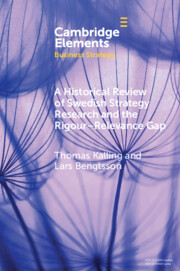
A Historical Review of Swedish Strategy Research and the Rigor-Relevance Gap
-
- Published online:
- 14 March 2024
- Print publication:
- 04 April 2024
-
- Element
- Export citation
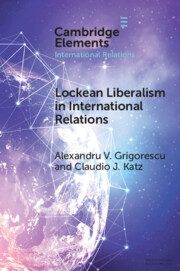
Lockean Liberalism in International Relations
-
- Published online:
- 13 March 2024
- Print publication:
- 04 April 2024
-
- Element
- Export citation
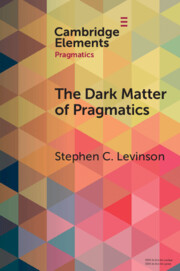
The Dark Matter of Pragmatics
- Known Unknowns
-
- Published online:
- 12 March 2024
- Print publication:
- 11 April 2024
-
- Element
-
- You have access
- Open access
- HTML
- Export citation

Strategizing in the Polish Furniture Industry
-
- Published online:
- 12 March 2024
- Print publication:
- 04 April 2024
-
- Element
- Export citation
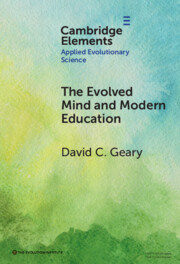
The Evolved Mind and Modern Education
- Status of Evolutionary Educational Psychology
-
- Published online:
- 12 March 2024
- Print publication:
- 23 May 2024
-
- Element
- Export citation
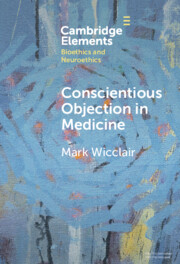
Conscientious Objection in Medicine
-
- Published online:
- 12 March 2024
- Print publication:
- 11 April 2024
-
- Element
- Export citation
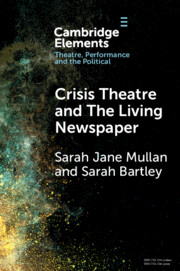
Crisis Theatre and The Living Newspaper
-
- Published online:
- 12 March 2024
- Print publication:
- 11 April 2024
-
- Element
- Export citation
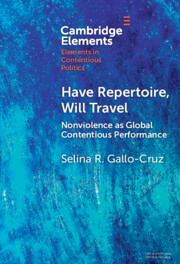
Have Repertoire, Will Travel
- Nonviolence as Global Contentious Performance
-
- Published online:
- 12 March 2024
- Print publication:
- 04 April 2024
-
- Element
- Export citation
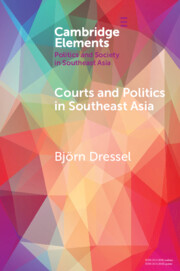
Courts and Politics in Southeast Asia
-
- Published online:
- 11 March 2024
- Print publication:
- 04 April 2024
-
- Element
- Export citation
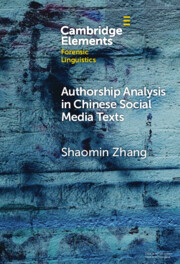
Authorship Analysis in Chinese Social Media Texts
-
- Published online:
- 08 March 2024
- Print publication:
- 04 April 2024
-
- Element
-
- You have access
- Open access
- HTML
- Export citation
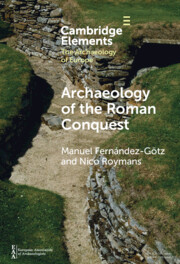
Archaeology of the Roman Conquest
- Tracing the Legions, Reclaiming the Conquered
-
- Published online:
- 07 March 2024
- Print publication:
- 04 April 2024
-
- Element
- Export citation
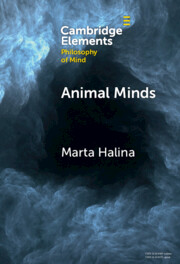
Animal Minds
-
- Published online:
- 07 March 2024
- Print publication:
- 04 April 2024
-
- Element
- Export citation
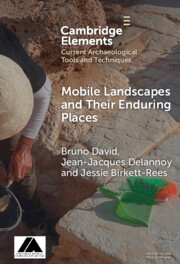
Mobile Landscapes and Their Enduring Places
-
- Published online:
- 07 March 2024
- Print publication:
- 04 April 2024
-
- Element
- Export citation
